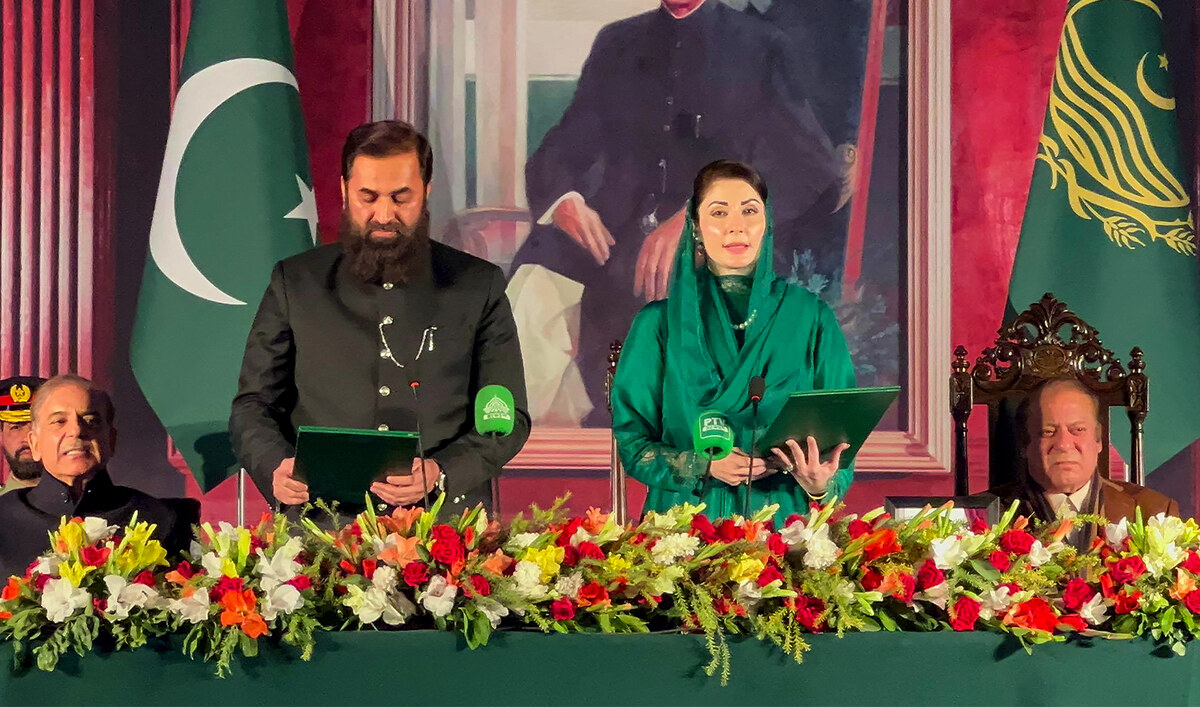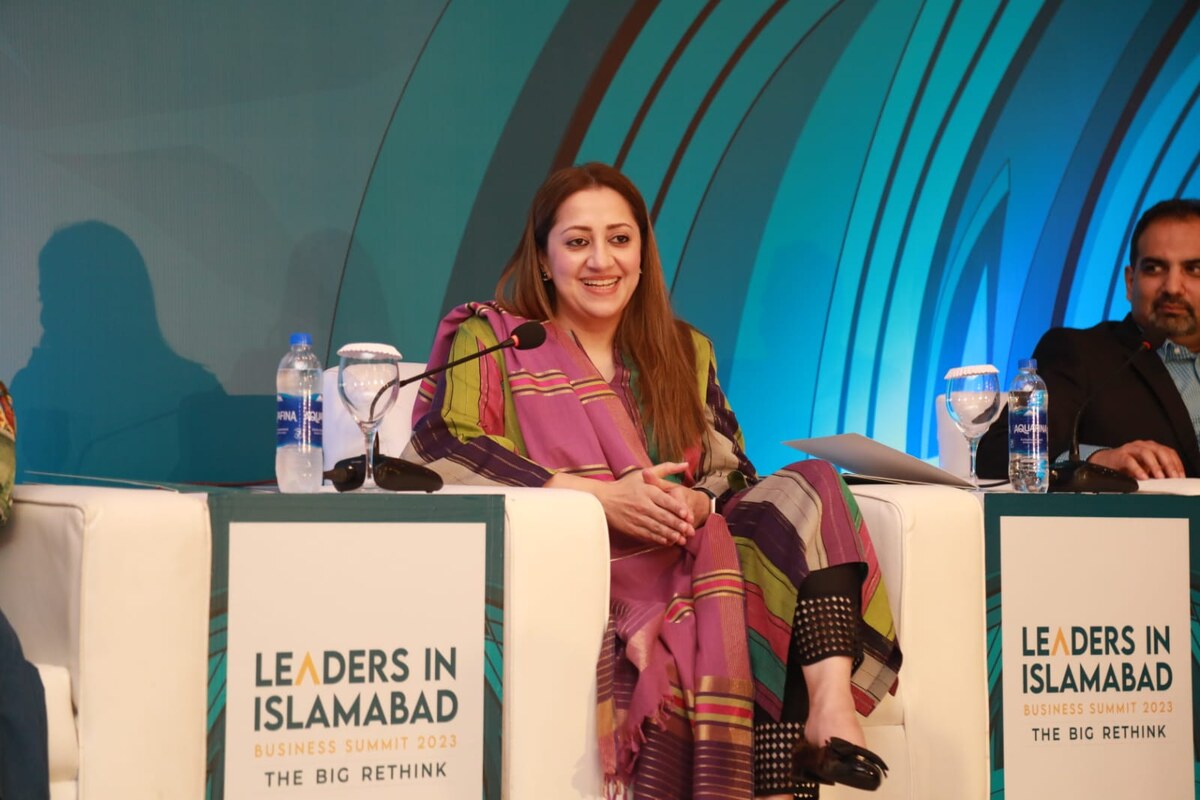June 21 : Rescuers searching for a missing submersible near the wreck of the Titanic focused on Wednesday on a remote patch of the North Atlantic where undersea noises were detected, although officials cautioned the sounds may not have originated from the vessel.
With the submersible’s air supply expected to run out in a matter of hours, an international search operation was sweeping a vast expanse of ocean for the Titan, which vanished on Sunday while carrying five people on a deep-sea tourist voyage to the world-famous, century-old shipwreck.
The US Coast Guard said remotely operated vehicles (ROV) were deployed underwater near where Canadian aircraft recorded the noises using sonar buoys on Tuesday and Wednesday but have not found any sign of the Titan yet.
Coast Guard Captain Jamie Frederick said at a press conference that analysis of the noises has been “inconclusive.”
“When you’re in the middle of a search-and-rescue case, you always have hope,” he said. “With respect to the noises specifically, we don’t know what they are.” Officials did not offer a description of the sounds.
In one highly anticipated addition to the search, the French research ship Atalante was en route late on Wednesday to deploy a robotic diving craft capable of descending to a depth well below that of even the Titanic wreck, the Coast Guard said.
The French submersible robot, dubbed the Victor 6,000, was dispatched at the request of the US Navy, which was sending its own special salvage system designed to lift large, heavy undersea objects such as sunken aircraft or small vessels.
The wreck of the Titanic, a British ocean liner that struck an iceberg and sank on its maiden voyage in 1912, killing more than 1,500 people, lies on the seabed at a depth of about 12,500 feet (3,810 meters). It is about 900 miles (1,450 km) east of Cape Cod, Massachusetts, and 400 miles south of St. John’s, Newfoundland.
Those aboard the submersible, the highlight of a tourist adventure that costs $250,000 per person, included British billionaire and adventurer Hamish Harding, 58, and Pakistani-born businessman Shahzada Dawood, 48, with his 19-year-old son Suleman, who are both British citizens.
French oceanographer and leading Titanic expert Paul-Henri Nargeolet, 77, and Stockton Rush, founder and chief executive of OceanGate, were also reported to be on board.
The 22-foot (6.7-meter) submersible Titan, operated by US-based OceanGate Expeditions, began its descent at 8 a.m. (1200 GMT) on Sunday. It lost contact with its surface support ship near the end of what should have been a two-hour dive to the Titanic.
The Titan set off with 96 hours of air, according to the company, which would mean the oxygen could run out by Thursday morning. But experts say the air supply depends on a range of factors, including whether the submersible still has power and how calm the people aboard have remained.
'LIFE SUPPORT AVAILABLE'
Sean Leet, who heads a company that jointly owns the support ship, the Polar Prince, told reporters on Wednesday that “all protocols were followed” but declined to give a detailed account of how communication ceased.
“There’s still life support available on the submersible, and we’ll continue to hold out hope until the very end, Leet, CEO of Miawpukek Horizon Maritime Services, told reporters in St. John’s Newfoundland.
A friend of Harding, Jannicke Mikkelsen, who has accompanied the British entrepreneur on other expeditions, told Reuters she was hoping for good news but was not optimistic. “It would be a miracle if they are recovered alive,” she said. Even if the Titan were located, retrieving it would present huge logistical challenges.
If the submersible had managed to return to the surface, it could still be difficult to spot it in the open water, experts said. It is sealed shut with bolts from the outside, preventing anyone inside from exiting without assistance.
If the Titan is on the ocean floor, a rescue effort would be even more challenging because of the massive pressures and total darkness at a depth of more than 2 miles. Titanic expert Tim Maltin said it would be “almost impossible to effect a sub-to-sub rescue” on the seabed.
The French submersible on its way could be used to help free the Titan if it is stuck on the sea bed, although the robot cannot lift the 21,000-pound (9,525-kg) craft on its own. The robot could also help hook the sub to a surface ship capable of lifting it, the operator said.
Questions about the Titan’s safety were raised in 2018 during a symposium of submersible industry experts and in a lawsuit filed by OceanGate’s former head of marine operations, David Lochridge, who claimed he was fired for voicing concerns that the hull could not withstand extreme depths.
In its own court claim against Lochridge, OceanGate said he refused to accept assurances from the company’s lead engineer and accused Lochridge of divulging confidential information.
The two parties settled the case in November 2018, and neither side has commented on the dispute.






















